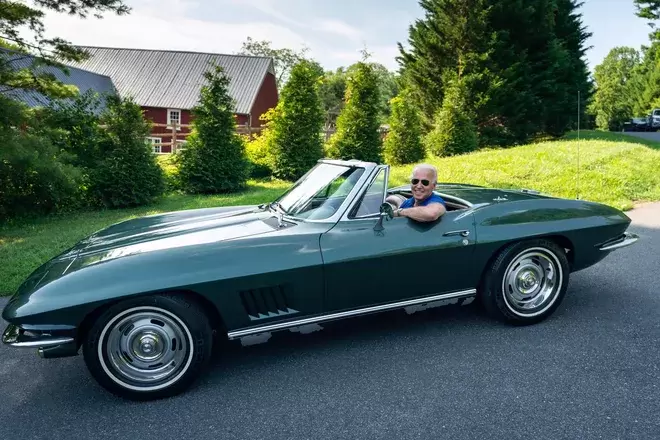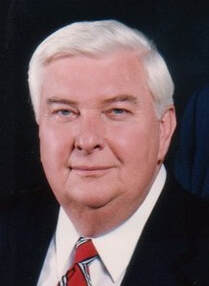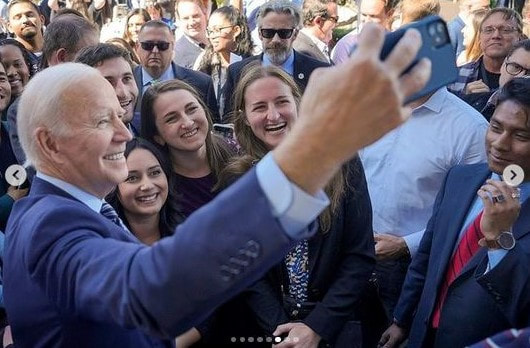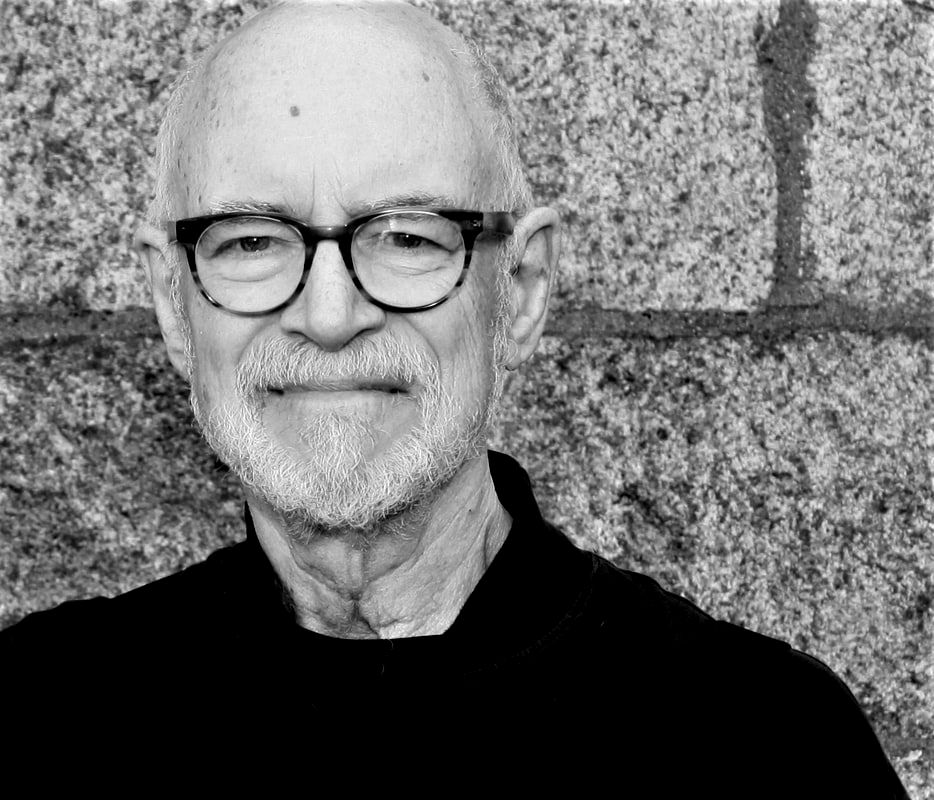LET'S BE HONEST: KEEPING GOVT. PAPERS IS MOSTLY WRONG WHEN TRUMP DOES IT WHAT’S THE REAL DIFFERENCE between Donald Trump hanging on to classified government documents after he left office and Joe Biden doing the same thing? It’s simple: Joe Biden’s a good guy. And Donald Trump isn’t. Case closed. The only real reason that liberals like me reveled in the discovery of secret papers at Trump’s grotesque lair at Mar-a-Lago is that it might be the one and only instance that would get him locked up. Sort of the way that Al Capone was finally brought to “justice” - for tax evasion, not for the murders and violence that were part of the bootlegger’s vicious business plan. Other than the satisfying spectacle of FBI agents “raiding” Trump’s Florida home, the underlying potential crime is pretty minor stuff when you consider Donald Trump’s most serious sins. We’re talking about a man who tried to overturn the election that he lost, working all the angles that he and his slithy-tove crew of advisors could dream up, including the attack on the Capitol in which his own vice president could have been murdered, and the United States plunged into autocracy. As for Joe Biden’s papers, misplaced after he was Barack Obama’s vice president, that case seems like small potatoes, and doesn’t make a dime’s difference in how we view his mostly superb presidency. THERE ARE TWO important points to make in Biden’s case:
"By the way,” Biden told reporters, “my Corvette's in a locked garage, so it's not like they're sitting out on the street.” IN JOE BIDEN'S WORLD, there can be no more special place than where he parks his beloved 1967 Corvette Stingray. A gift from his often-mentioned late father/hero, Joe, Sr., the convertible can do zero to 60 in 5.8 seconds, according to a 2020 piece in the Detroit Free Press. It has a four-speed, stick shift transmission and a 350-horsepower engine, which allowed him, he once told Jay Leno, the comedian and fellow car enthusiast, to push it to speeds of 160 miles an hour. “I love this car,” Biden said in a 2020 campaign commercial, in which he used the car as a prop to demonstrate his bona fides as a regular car guy, while also promoting the U.S. auto industry, along with Corvette-maker General Motors’ plans to produce electric-powered vehicles. So, sleep tight America, if classified documents were in a garage with the Stringray, they might as well have been in the White House Situation Room, or the vaults of the National Archives, or wherever they are supposed to be. WAIT JUST A FRIGGING MINUTE," you’re saying, trying not to use swears.
"Isn’t that liberal hypocrisy, saying mishandling classified documents is a crime when it involves Donald Trump, but mere carelessness when Boy Joey does it?" Yes. And no. Yes, if you are Attorney General Merrick Garland, and you decided not to investigate. Instead, Garland, having appointed a special counsel to look into Trump’s paper crimes, now had to do the same thing with Biden, to demonstrate the Department of Justice's impartiality in dealing with politically charged matters. The same goes with the media. Reporters are professional skeptics. It’s their job to ferret out any less-than-favorable possibilities within the Biden Papers' Scandal or the Trump Papers' Scandal. What's good for the goose... type of thing. Less nobly, it’s the media's chance to show that they’ll write negative stories about Biden, just like they do with Trump, although neither press critics nor Trumpsters will ever take that seriously. Taking a less jaundiced view of the Biden papers is, in fact, hypocritical for the president's supporters, but the opposite is especially the case for two-faced Republicans, as they play pin the tail on the donkey, while ignoring the elephant in the room. After all, Republicans are the princes of hypocrisy in everything that they do and say, and in everything that they don’t do and don’t say. They don’t care about the substance of the two cases, just as long as they can attack Democrats. If there is a lesson for Democrats in the Biden disclosures it’s that presidents are absolutely flawed, and their supporters are always at risk of being disappointed and embarrassed by their leader’s stupid mistakes. Of course, Biden and his staff should not have put any classified papers in the wrong places, even closeted with a beloved sports car, thus “imperiling" his political future, although not necessarily national security. And when it comes to public relations, Team Biden should not have violated the first law of crisis management, allowing “bad news” to dribble out day after day, instead of quickly getting the whole story out, so the media people would lose interest and move on to the next crisis in the news cycle. In the end, we should admit that the secret papers' controversy is small stuff for Biden, and probably for Trump, too, and that bias drives our views in both instances. A FRIEND recently told me he’ll be disappointed if the Mar-a-Lago paper chase turns out to be the only offense that Garland and his crime fighters come up with. I agree, except that if that’s all that will send Trump to the slammer, I’ll settle for that. Mainly, we need to relax and smile once in a while. Let's keep some perspective, hoping that we don’t have to wait too long before Joe Biden, a genuine American good guy and a confessed dangerous driver, gets another chance to tell us what he’s really thinking. Varoom.
3 Comments
REMEMBERING LINCOLN C. ALMOND |
BRIAN C. JONES
I'VE BEEN a reporter and writer for 60 years, long enough to have learned that journalists don't know very much, although I've met some smart ones.
Mainly, what reporters know comes from asking other people questions and fretting about their answers. This blog is a successor to one inspired by our dog, Phoebe, who was smart, sweet and the antithesis of Donald Trump. She died Feb. 3, 2022, and I don't see getting over that very soon. Occasionally, I think about trying to reach her via cell phone. |










 RSS Feed
RSS Feed